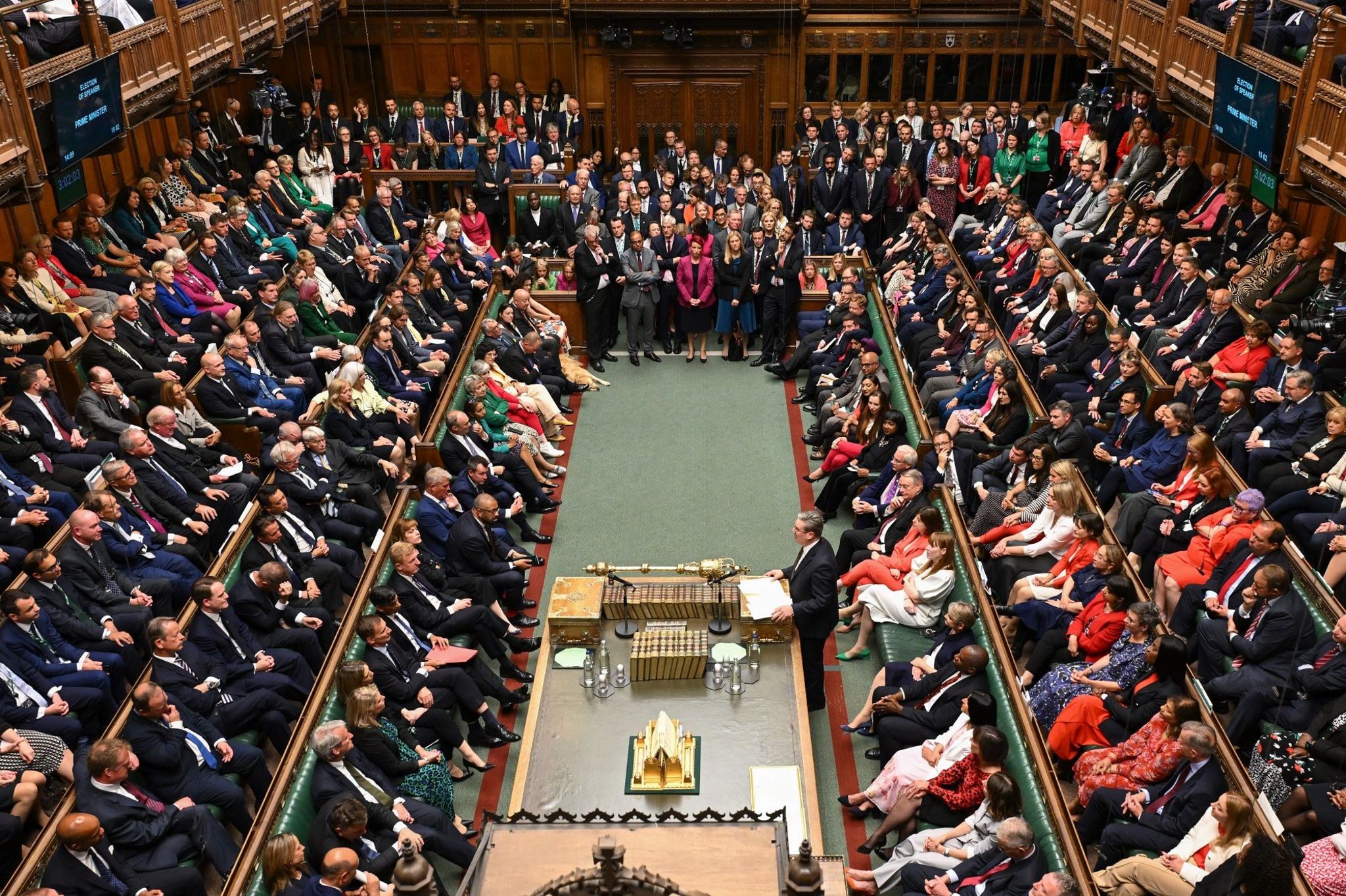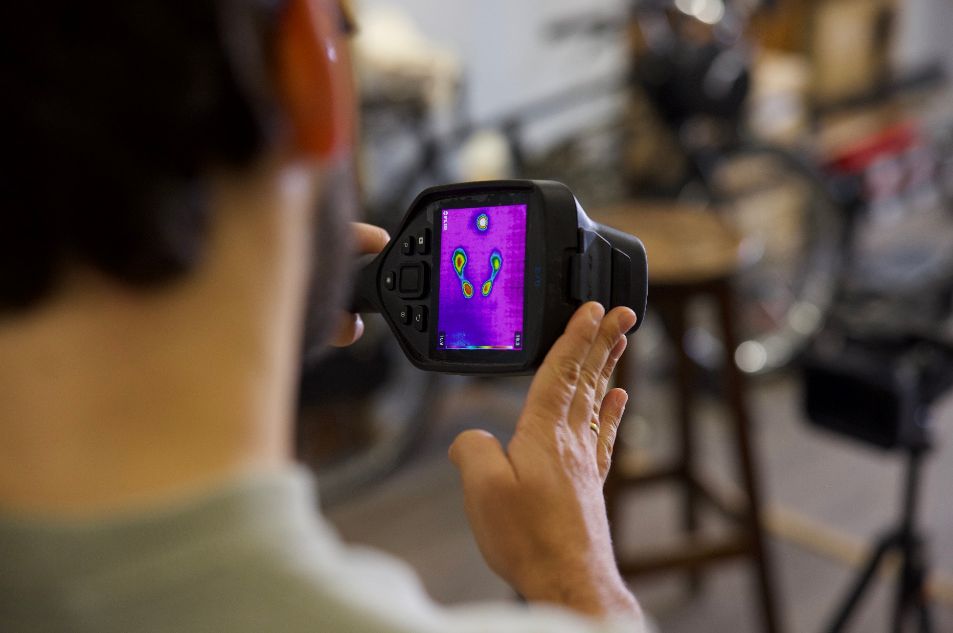When Vita Vea was drafted into the U.S. National Football League in 2018, the Tongan American credited his parents with teaching him the work ethic and perseverance to succeed.
“They didn’t have family out here or anything so they had to work from the get go,” Vea said, of his parents who immigrated to the United States from Tonga. “Nothing was ever given to them.”
Three years after the Tampa Bay Buccaneers made Vea the 12th player selected in the draft, the agile, 157-kilogram defensive tackle helped the team win the Super Bowl LV championship game. Vea is part of a Tongan American community in the United States that numbers more than 50,000 and has had an outsized influence on American football, one of the country’s most popular sports.
While numerous Tongan Americans, such as Vea and five-time Pro Bowl participant Haloti Ngata, have succeeded at the sport’s highest level, the community is also a force on high school and college football fields. Tongan American filmmaker Tony Vainuku chronicled football’s importance to Salt Lake City, Utah’s Tongan and broader Polynesian community in the 2015 documentary ‘In Football We Trust’.
The film follows several young Polynesian athletes making a name for themselves in football. “We were bigger, we were fast for how big we were, so it was easy to dominate in little league,” Vainuku told the American Film Institute.
Pro Football Hall of Fame safety Troy Polamalu, who is of Samoan heritage and won two Super Bowls with the Pittsburgh Steelers, says aspects of Polynesian culture translate well to such a physical sport. “We come from a line of warriors; our culture embodies what football is,” Polamalu says in Vainuku’s film.
The Euless Trinity Trojans agree. The Dallas-area high school football team performs a Tongan war dance called Sipi Tau before every game. Roughly 40% of the team’s players are Tongan or of other Polynesian heritage, according to local news reports. Their tradition dates back to 2004 and unites teammates of diverse backgrounds in a performance that rallies each other and the crowd.
Other U.S. sports also have seen contributions from athletes of Tongan heritage, including former National Basketball Association forward Jabari Parker, former Major League Baseball pitcher Sam Tuivailala, and Tony Finau, a Tongan American, who is currently the world’s 11th ranked professional golfer.
Like Vea, Finau credits his heritage with instilling traits that help him succeed. “I love being Polynesian,” he told the Samoa Observer. “We’re a people with a lot of faith, a lot of love,” he added. “To show love and be humble, that’s something I pride myself on being throughout my career.”
Atonio Mafi, an offensive lineman who played college football for the University of California at Los Angeles Bruins, forms his arms into a “t” every time his team scores. Recently drafted by the NFL’s New England Patriots, Mafi says he can’t wait to represent his Tongan heritage on an NFL field.
“My Tongan heritage means everything to me,” he said. “We come from a small island nation thousands of miles away, but we’re still doing it big.”
On May 10, the U.S. government opened Embassy Nuku`alofa in Tonga to further advance shared priorities, such as addressing climate change and advancing economic development, and to foster already rich cultural ties. The United States and Tonga’s shared history dates at least to the countries’ Treaty of Amity, Commerce and Navigation signed in 1886.











